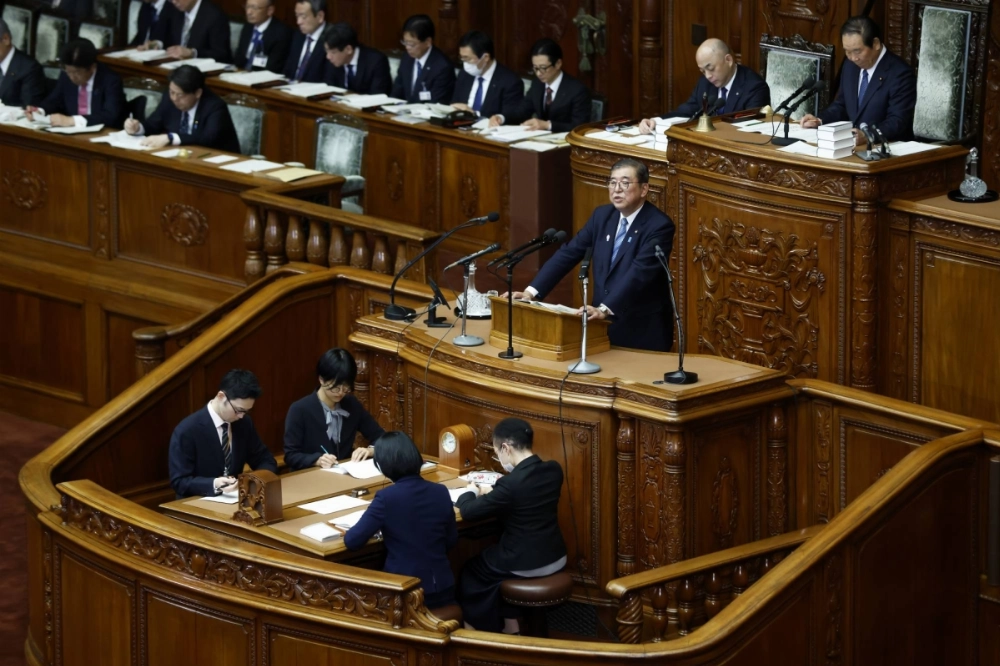Japan is facing a changing world of tariffs, artificial intelligence and a potentially existential threat to its exports. Yet its approaching election seems set to be dominated by a rehash of a decades-old debate.
Consumption tax, first introduced in 1989 and raised over the years to its current maximum rate of 10%, is shaping up to be the major theme of July’s Upper House election — a poll that will determine the fate of embattled Prime Minister Shigeru Ishiba and his minority government.
With the public unhappy with persistent inflation, most recently in the form of a record surge in rice prices, Ishiba’s rivals are lining up with spurious proposals to cut the sales tax or eliminate it entirely. He has pushed back, arguing that Japan’s fiscal situation puts it in no position to reduce revenues. Japan’s "fiscal situation is undoubtedly extremely poor, worse than Greece’s,” he told parliament on Monday.


















With your current subscription plan you can comment on stories. However, before writing your first comment, please create a display name in the Profile section of your subscriber account page.